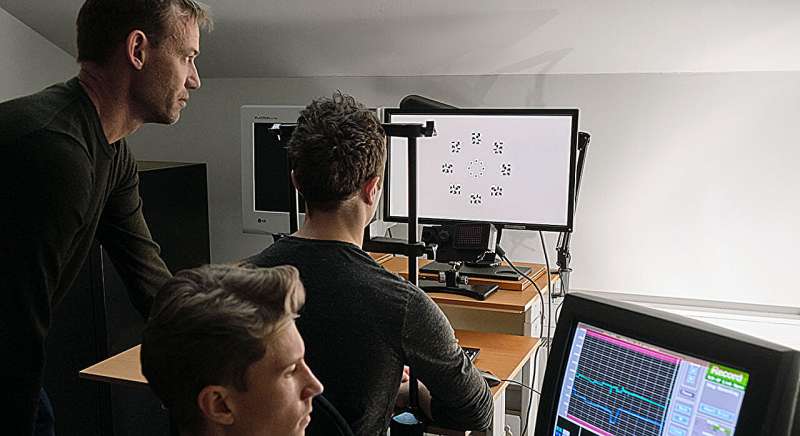New research from the University of Copenhagen reveals that our attention is primarily driven by our inner reward system, not habits or technology companies’ manipulations. The study shows that we prioritize actions that offer the greatest rewards, even over ingrained habits. This challenges the common notion of an “attention economy” where tech firms control our focus. Instead, it suggests we are active agents, choosing content that aligns with our personal values. Attention economy and habits are key concepts explored in this fascinating insight into the workings of human attention.

The Power of Rewards in Shaping Attention
Contrary to the common belief that technology companies are exploiting our attention, this new research reveals that our attention is actually driven by our inner reward system. In a series of controlled experiments, researchers from the University of Copenhagen found that people prioritize actions that offer the highest rewards, even when they have been extensively trained in other habitual behaviors.
The experiments involved participants being presented with multiple options on a computer screen, each associated with a different number of points. The participants’ task was to quickly shift their attention to the option that would earn them the most points. The researchers found that the participants prepared multiple attention shifts simultaneously, and the shift associated with the highest reward was typically the one that was selected, even if it went against their established habits.
Habits Lose Out to Rewards
The study challenges the notion that habits are unbreakable. While the participants had been extensively trained to associate certain actions with specific corners of the screen, when presented with multiple options, they chose the action that offered the greatest reward, rather than defaulting to their habitual behavior.
“It tells us something about our behavior in a situation where we have been trained for a certain action,” says Associate Professor Thor Grünbaum. “The participants in our experiments spent a lot of time learning how to connect a single box with a shift of attention to a particular corner of the screen. Training the attention shifts should make them into habits. When they are presented with four competing actions that they have a short time to decide on, we show that they choose the reward over the habitual behavior.” This suggests that our values and the potential for reward can override even deeply ingrained habits.
Implications for the “Attention Economy”
The researchers argue that the concept of an “attention economy” where tech companies manipulate our focus is an oversimplification. Instead, they believe that these companies are leveraging our ability to choose content that aligns with our subjective values and offers the greatest rewards.
“It is almost the opposite,” says Grünbaum. “The technologies often exploit our ability to choose exactly the content that gives us the greatest reward when presented with a wide range of possibilities.” This suggests that rather than being passive victims of attention-grabbing technologies, we are active agents, selecting the content and experiences that are most rewarding to us.
The next step for the researchers is to explore how we plan and recall long-term actions, and how factors like our environment influence the selection between competing plans. By continuing to investigate the complex interplay between rewards, habits, and attention, they hope to gain a deeper understanding of human behavior and decision-making.
